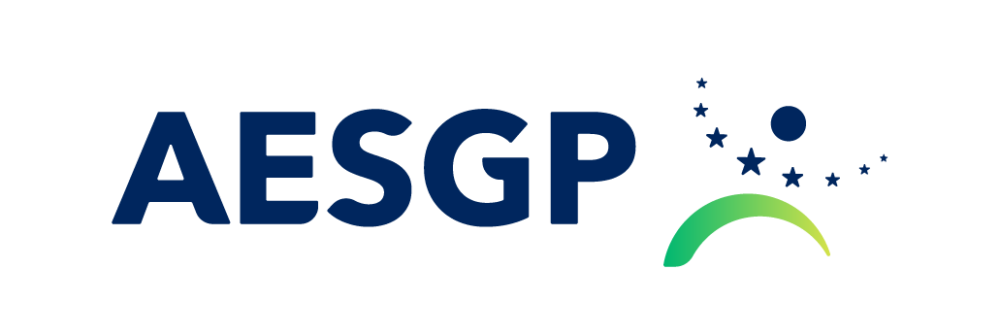Why is now the right time to modernise the EU variations system?
The pharmaceutical industry calls to modernise the current variations system to reflect the evolution in technology and regulatory needs. The targeted amendment of the EC Variations Regulations 1234/2008 and Variations Classification Guideline shall be considered under the mandate of the new European Commission 2019- 2024.
The fitness for purpose of the current regulatory framework for the maintenance of medicinal products via the so called “Variations to the Marketing Authorisation”.
Ensuring a fit-for-purpose regulatory environment is a key enabler for realising the mission of the Directorate-General for Health and Food Safety (DG SANTE) to protect public health and provide access to high quality medicinal products. The regulatory framework must be efficient, sustainable and continually improve so that patient access to quality medicines is timely and unimpeded. At the same time it needs to secure a sustainable and efficient environment for regulators and industry.
The current regulatory framework for maintaining products on the market needs to continue evolving to better reflect the scientific progress and operational efficiency in line with the spirit of Better Regulation, which aims to balance regulatory objectives with the need to reduce administrative burden for companies and authorities. Raising efficiency and streamlining the regulatory processes will bring tangible benefits for all participants in the healthcare network of patients, regulatory authorities and the industry. The EU Authorities (the HMA and the EMA) have also recognised a need to strive for efficiency in the regulatory processes, including variations, in its “EU Medicines Agencies Network Strategy to 2020”.
“Over recent years various new pieces of legislation had to be implemented by the network. Some of the new legislative provisions were aiming at reducing the regulatory burden on stakeholders and the administrative burden on NCAs, but there are strong views at the level of stakeholders that there is still further room for optimising the regulatory operations. (….). In order to optimise both the administrative and scientific elements, particular emphasis will be put on their operational efficiency and cost-effectiveness This needs to be underpinned by adequate and inter-operable IT services to the network, recognising the major role that IT systems play in supporting the (regulatory) business processes and a better utilisation of available resources within a complex regulatory environment. Efforts have been made over the past years to also reduce the regulatory burden (..), however, there are still demands by the pharmaceutical industry for further work to be undertaken in this field.”
The objectives of this Paper are to:
- Identify the factors in the environment which have significantly influenced the maintenance of medicinal products over last 10 years, since the last revision in 2008.
- Identify and analyse examples where the current European regulatory reporting changes to Marketing Authorisation (MA) fails to facilitate timely access to quality medicines, because the reporting seems to constitute more of a hurdle rather than a support to bringing the necessary changes to ensure ongoing quality, safety and efficacy of medicinal products in the EEA market.
- Analyse situations where the Variations System does not achieve the principles of better regulation, striking the right balance between regulatory objectives and the need to reduce administrative burden for companies and authorities.
- Explore how the EU regulatory system of Variations to the MA can be improved, taking account of the technological and scientific evolution.
Document
Read the full position paper:
